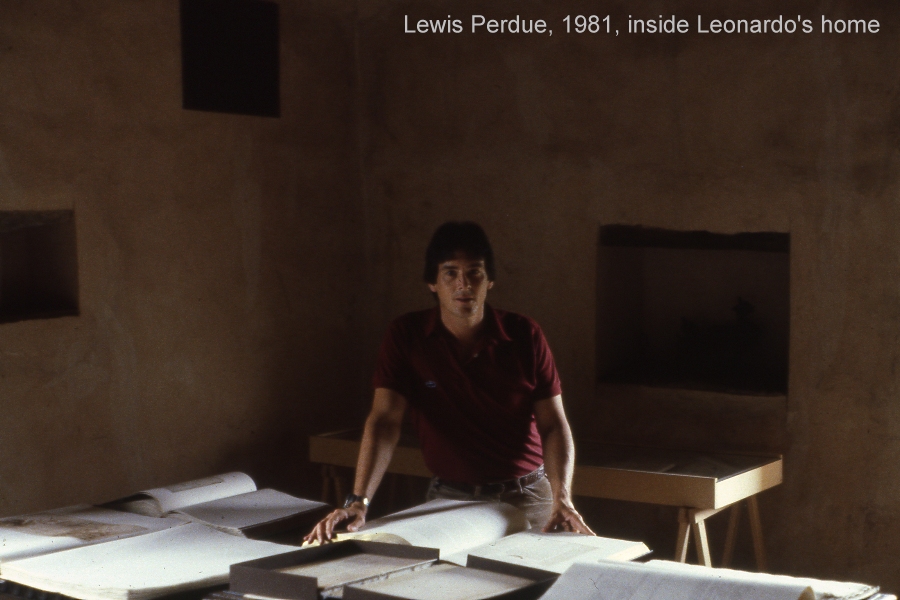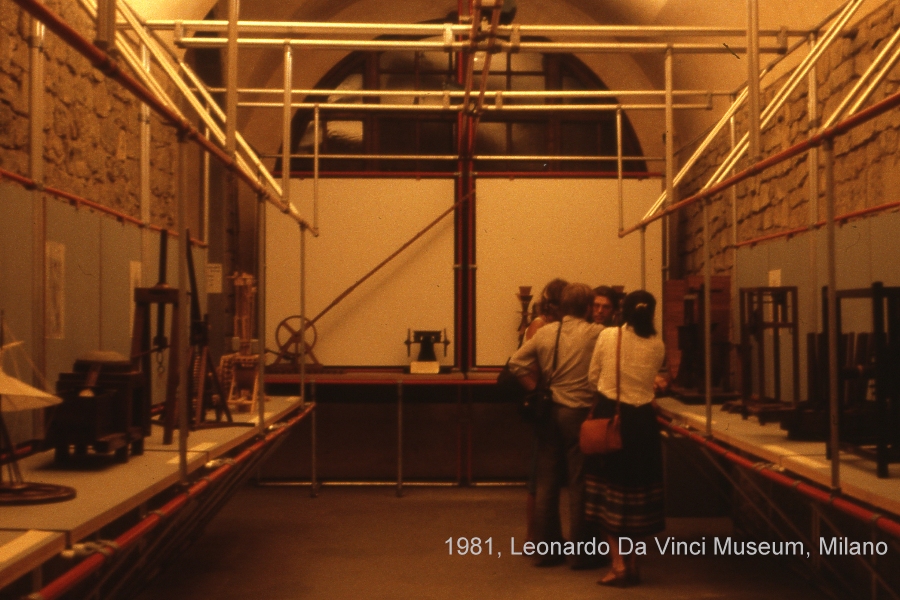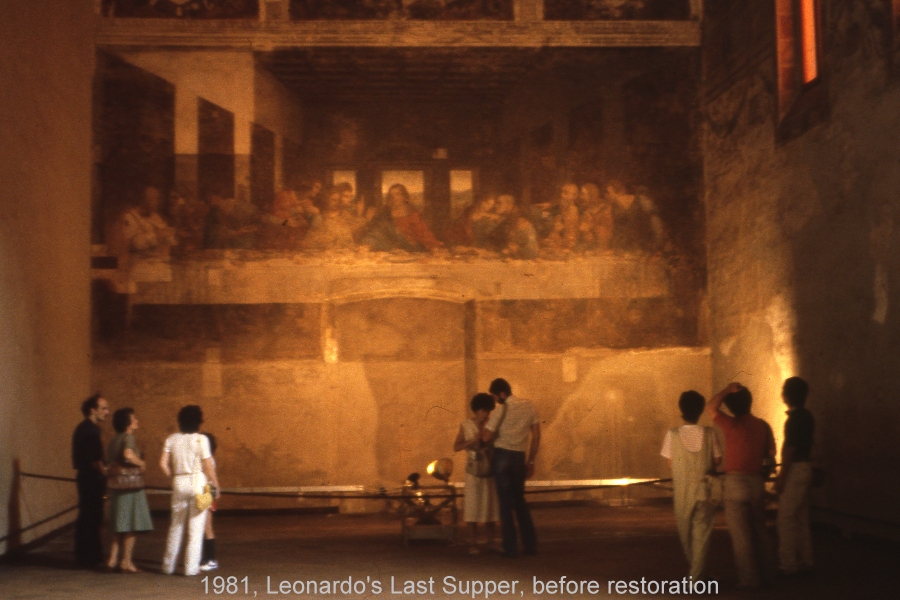I've received a lot of emails asking why I don't have a lot of new posts.
Well, it's
NOT because nothing has been happening and it's
NOT because I have thrown in the towel.
It
IS because there are some pretty significant things in the works that we do not want Random House to know about and we know they read this blog.
When it happens, you probably
won't read about it here first. You won't have to. You'll read about it everywhere else. I'll talk about the details when that happens.
What
CAN I talk about now?
Well, the appeals hearing happened April 11. How long before their decision? I'm told perhaps 30 days plus or minus.
I had a chance to talk to the opposing counsel and congratulated them on their represetation of their client. Obviously I disagree with their position and some of the tactics (previously discussed on this blog) but I do think they have presented the RH case superlatively.
After the hearing, we had a short, decent, polite conversation in the hallway waiting for the elevator. It's ironic that had RH engaged me in just such a conversation back in May 2003 (rather than going thermonuclear in response to my inquiry) this entire legal war would never have happened. Like most wars, this one was needless and a waste of resources.
The manner in which Random House/Bertelsmann initiated their Hiroshima legal attack on me without ever
once having a discussion reminds me of how wars get started and how they always produce unexpected consequences.
All of that combined with the conversation with the RH lawyers reminds me of the Thomas Hardy poem, "The Man he Killed."
Had he and I but met
By some old ancient inn,
We should have set us down to wet
Right many a nipperkin!
But ranged as infantry,
And staring face to face,
I shot at him as he at me,
And killed him in his place.
I shot him dead because—
Because he was my foe,
Just so: my foe of course he was;
That's clear enough; although
He thought he'd 'list, perhaps,
Off-hand like—just as I—
Was out of work—had sold his traps—
No other reason why.
Yes; quaint and curious war is!
You shoot a fellow down
You'd treat, if met where any bar is,
Or help to half a crown.
I always wonder why courts at every level fail to require both parties to certify that they engaged in a decent conversation before filing a lawsuit. And prohibit such a filing until and unless that conversation has been had.
Not lawyers talking to lawyers, but both parties, sitting down in the same room across a table from each other, speaking to each other directly. Record it, have lawyers present if desired, but have both parties certify that the conversation was had.
That alone would probably eliminate the backlog in the courts ... but then that would impact lawyers' billings, incomes would drop. Thus lawyers have a great incentive to sue and sue and sue regardless of whether court was ever necessary in the first place.
It's like arms merchants who have an incentive to bomb and bomb and bomb and generals who have no job security unless there is a battle to justify their existence.
I think that Random House would never have sued me had we had that conversation. Indeed, had we had that conversation in may 2003, I would never have taken my plagiarism case to the Internet.



